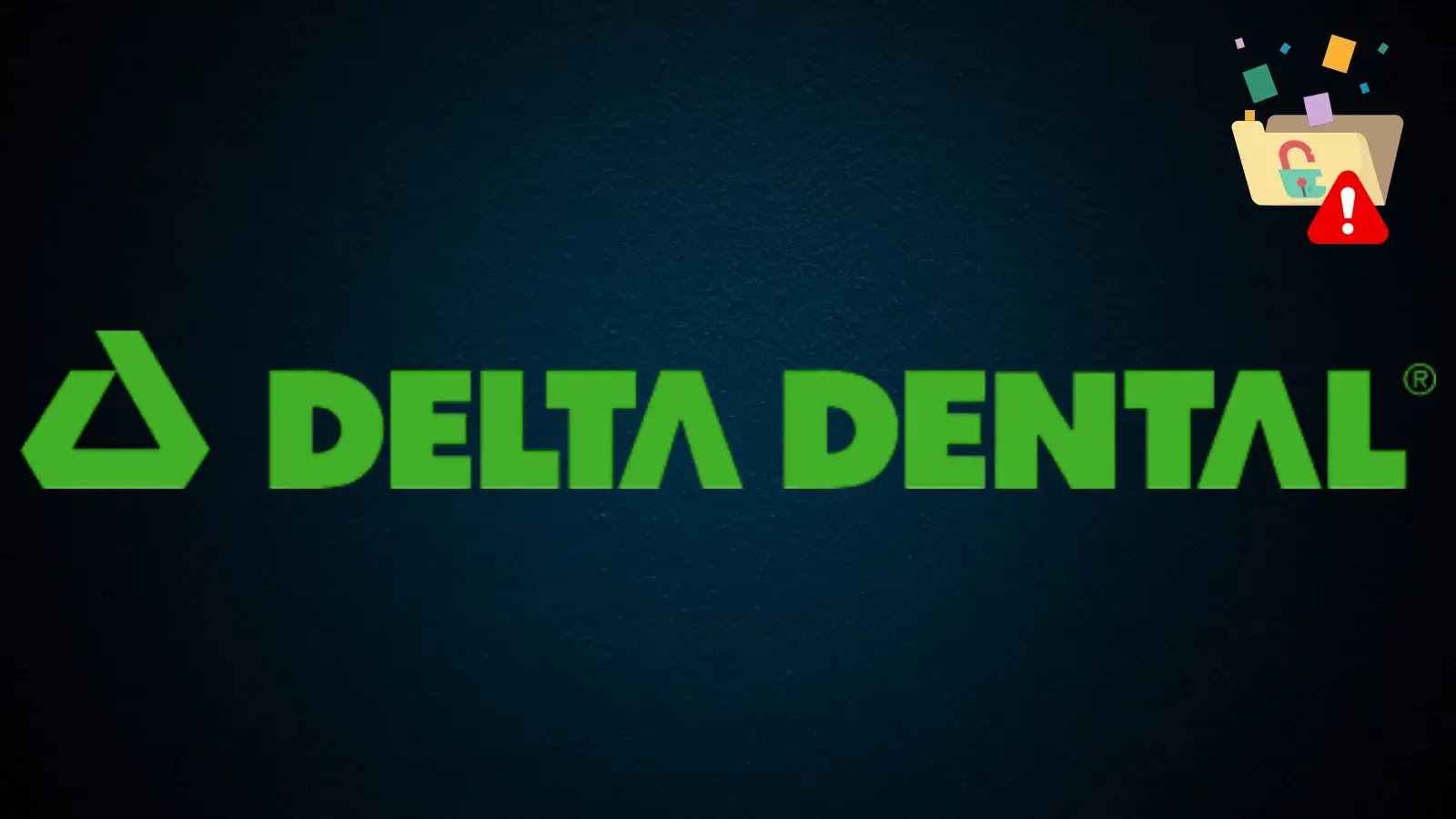Delta Dental of Virginia Data Breach Exposes Over 145,900 Customers’ Personal Information
Delta Dental of Virginia, a non-profit dental insurance provider headquartered in Roanoke, Virginia, has reported a significant data breach that compromised the personal information of more than 145,900 individuals. The breach, which occurred on March 21, 2025, was not discovered until August 22, 2025, indicating a detection delay of over five months. This delay has raised concerns regarding the organization’s security monitoring capabilities.
Details of the Breach
The unauthorized access targeted Delta Dental’s external systems, leading to the exposure of sensitive customer data. The compromised information includes names and other personal identifiers, though specific details have been partially redacted in public disclosures. The breach affected 145,918 individuals across multiple states, including 222 residents of Maine.
Notification and Response
Upon discovering the breach, Delta Dental took immediate action to notify affected consumers. Written notices were sent out on November 21, 2025, providing detailed information about the incident and outlining the protective measures available to customers. To assist those impacted, Delta Dental partnered with TransUnion to offer complimentary identity theft and credit protection services. This initiative aims to help customers monitor their financial accounts and detect any suspicious activity resulting from the compromised information.
Regulatory Compliance
Delta Dental’s legal representatives, including attorney Lindsay Nickle from Constangy, Brooks, Smith & Prophete, LLP, coordinated the breach notification process with state regulators and affected consumers. The organization ensured compliance with regulatory notification requirements by filing formal notices in states where residents were affected, including Maine.
Implications for the Healthcare Industry
This incident underscores the ongoing vulnerabilities within the healthcare and insurance sectors. The extended detection delay suggests potential gaps in security monitoring and incident response procedures. Healthcare organizations remain attractive targets for cybercriminals due to the valuable personal and medical information they possess, which can be exploited for identity theft, fraud, and resale on underground markets.
Recommendations for Affected Individuals
Individuals impacted by the breach are advised to:
– Monitor Credit Reports: Regularly review credit reports for any unauthorized activities.
– Place Fraud Alerts: Consider placing fraud alerts with credit bureaus to prevent potential identity theft.
– Utilize Protection Services: Take advantage of the complimentary identity theft and credit protection services offered by TransUnion.
– Stay Vigilant: Be cautious of phishing attempts and suspicious communications referencing the breach, as fraudsters may exploit the incident to target victims further.
Conclusion
The Delta Dental of Virginia data breach highlights the critical need for robust cybersecurity practices within healthcare and insurance organizations. Regular security assessments, comprehensive employee training, and rapid incident detection and response capabilities are essential to protect sensitive customer information and maintain trust in the industry.



